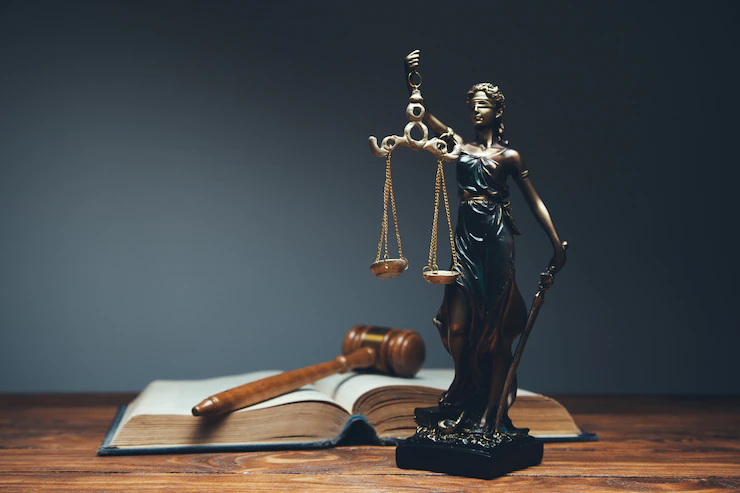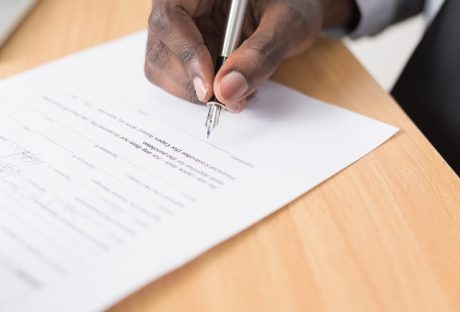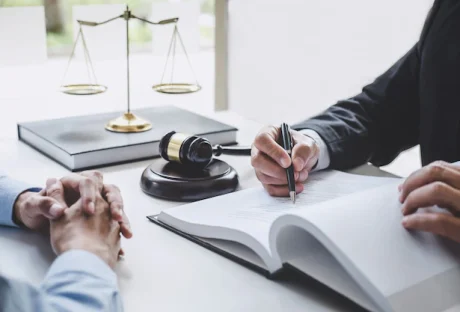You probably heard the term “liability” while reading about a personal injury case.
However, do you know how it works? Or, why should you consider using it while handling a personal injury claim? Well, if your answer is no, don’t worry.
In this article, we’re going to discuss a little on the subject of personal injury and proffer a bit of additional information, too. But, if we miss out on something, don’t forget to tell us about it in the comment section below. We’ll answer you as soon as possible.
What Is A Personal Injury Case?
A personal injury incident can include trauma, accident, mental strain, and illness caused due to someone else’s action. However, you can only go for the claim if you’ve been physically or psychologically affected due to the externally-caused problem.

Also, before you can submit your issue, you’ll need to understand the type of damage you’ve sustained. Or else, you might end up submitting the wrong claim altogether. So, in this case, it will be ideal for you to opt for a Long Island Personal Injury Lawyer.
Thanks to their experience and expertise, they’ll know precisely what you have to do in your personal injury claim submission.
Besides, the attorney will also offer their help in solving all of your paperwork accordingly. They can also represent you in court. So, it’s better to hire someone who can assist you in every possible aspect.
Personal Injury And Liability – What’s The Catch?
From a general viewpoint, almost every person is responsible for whatever action they have taken. Apart from that, the law also assumes that each individual has the responsibility to act properly so that someone else doesn’t get injured.

However, if someone fails to follow the aforementioned duty, and an injury occurs, they’ll be held liable for the incident. The definition of liability can also include –
- An individual has a certain duty to follow to keep everyone else safe and secure.
- However, they’ve somehow failed to perform the same properly.
- And, due to that reason, another person has sustained a potentially life-ending injury.
- The person who didn’t do their duty correctly will be liable for the consequences.
Remember, you can only hold someone else liable if you’ve been injured due to their action. If they didn’t lose anything or didn’t suffer any damage, they won’t be liable for anything.
Hence, before you make such a claim against someone, you should always ensure that you’ve kept the proof in the right place. If you cannot provide the same, you won’t be able to acquire even a single penny from the defendant. Even an attorney can’t help you in this aspect.
Fault, Negligence, And Liability
When talking about liability, you’ll probably find two more words associated with the same – fault and negligence. Here’s what they mean.

So, “fault” is all about something else making a mistake knowingly to cause harm to you. An example of this will be an individual slashing someone else with a knife. In this aspect, they knew that the action would hurt the other person. Yet, they still did it.
On the other hand, the act of “negligence” isn’t as direct as that of “fault.” It can be either an act done deliberately or an accidental omission of something.
In any case, if you want to make a personal injury claim, you’ll need to prove the fault or negligence of another person. Or else, it might not work out as you wanted.
Types Of Liability
When it comes to liability in a personal injury case, it can be divided into two options. Here’s what you need to know about it.

1. Strict Liability
A negligent party can be held strictly liable for a case if they can prove that the negligence was done deliberately. In this case, you can omit the aspect of proving their intent altogether.
For example, a strict liability claim can apply in a product injury case.
If the item was a little defective in one way or another and caused an injury, the seller and manufacturer will be held liable for the damages.
Apart from this, some other cases of strict liability can include injuries involving – dog bites, wild animals, and other dangerous activities.
2. Vicarious Liability
In most personal injury felonies, the individual who has acted negligently will be considered as liable for the damages. But, in some cases, a party will be vicariously liable for damages as well. Let us share an example to offer a little more clarity on this aspect.
Say, you’re working in an office as an employee and have started a fire in the building due to some reason. However, if someone was injured due to the same, they’ll sue your employee as you, as an employee, are their responsibility to look after. And, if your boss has to pay for the claim, they’ll be called vicariously liable for the incident.
FAQs – Frequently Asked Questions
In this section, we’re going to talk about some stuff related to our topic that we didn’t discuss before. Let’s keep reading to know more about it.
1. How Is Liability For An Injury Determined?
The amount of the responsible person’s liability is going to be determined by comparing the status of their carelessness. The percentage of the same will tell us the amount of money they are going to pay to compensate for the damage.
2. How Do You Establish A Liability?
To prove that someone is liable for an injury, you’ll need to provide information about their legal duty and how they’ve failed it.
Apart from this, you’ll also need to offer a little bit more information about the extent of physical harm. The better the proof, the higher your chance of winning the lawsuit will be.
Wrapping It All Up!
So, that’ll be all for this article. We hope you’ve understood the true meaning behind liability and how you can claim it. However, if you still have something else to ask, don’t be shy. Use the comment section and let us know what you’re thinking. We’ll be glad to help you out.























